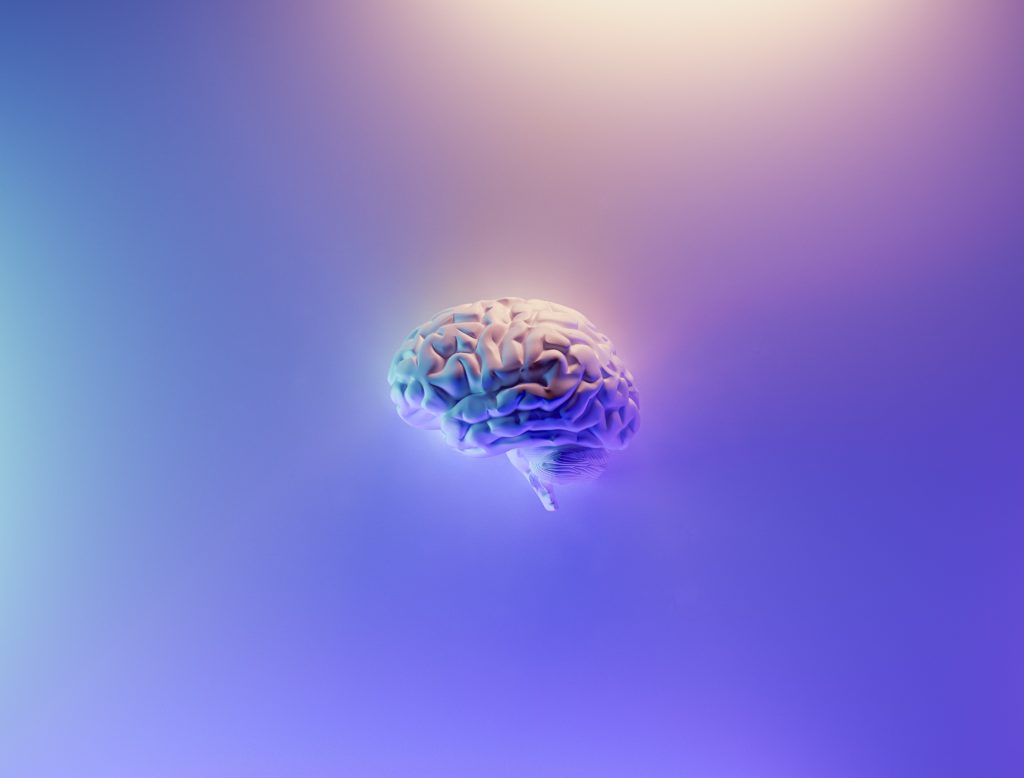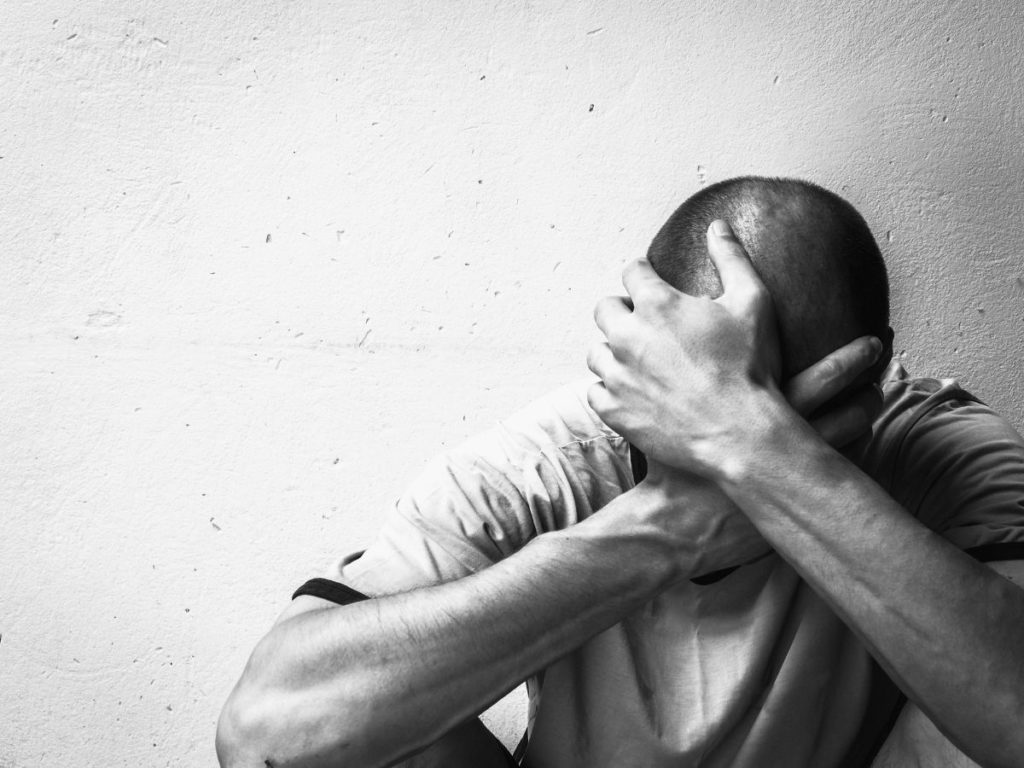What is CBT therapy for Mental Health Disorders?
A popular form of talk therapy is cognitive behavioral therapy (CBT) (psychotherapy). You engage in structured work with a mental health counselor (psychotherapist or therapist), attending a set number of sessions. CBT teaches you to recognize false or harmful thoughts so you can view difficult circumstances more clearly and react to them more successfully.
When used alone or in conjunction with other therapies, CBT can be a very effective method for treating mental health illnesses like depression, post-traumatic stress disorder (PTSD), and eating disorders. However, not everybody who gains from CBT has a mental health issue. Anyone can benefit from using CBT as a tool to acquire better-coping strategies for stressful life events.

Understanding CBT Therapy for Mental Health Disorders
CBT therapy for mental health disorders is used widely today in different treatments. CBT therapy for mental health teaches recovering addicts to find connections between their thoughts, feelings, and actions and increases awareness of how these things impact recovery.
Alongside addiction, CBT also treats co-occurring disorders such as:
- Anxiety
- Attention Deficit Disorder (ADD)
- Bipolar Disorder
- Obsessive Compulsive Disorder (OCD)
- Eating Disorders
- Post-Traumatic Stress Disorder (PTSD)
As the American Addiction Centers state in the piece ‘Cognitive Behavioral Therapy Techniques and Addiction Treatment’, it’s common for individuals struggling with mental health disorders to have destructive, negative thinking. Not recognizing these thought patterns are harmful, they seek treatment for depression or other external influences. Since cognition affects our well-being, changing harmful thought patterns is essential.
CBT Therapy addresses harmful thought patterns, which helps clients recognize their ability to practice alternative ways of thinking and regulate distressing emotions and harmful behavior. As a research-based treatment modality, CBT is an effective treatment for eating disorders and specific mental health diagnoses. An active therapeutic modality, CBT is present-oriented, problem-focused, and goal-directed, which may provide the following benefits:
- CBT explores the client’s patterns of behavior leading to self-destructive actions and beliefs that direct these thoughts
- CBT allows clients and therapists to work together in a therapeutic relationship to identify harmful thought patterns and actively seek alternate thinking
- CBT sessions are augmented with homework outside of sessions using AAC’s dual diagnosis curriculum workbook, Embracing Change: Recovery for Life
- CBT can be provided in group and individual therapy
- CBT skills are useful, practical, and helpful strategies that can be incorporated into the client’s everyday life
- CBT helps clients formulate coping strategies to handle potential stressors or difficulties following addiction treatment.
Efficacy of CBT Therapy for Mental Health Disorders
Since CBT therapy for mental health takes on some of the negative or distorted thinking, it tackles cognition tendencies that are deeply ingrained in individuals struggling with addiction. By assisting clients to recognize the thinking that drives their negative behavior, it is an effective treatment modality for binge eating disorders and specific mental health diagnoses.
For mental health treatment, CBT is effective because it is highly focused compared to other therapeutic modalities; a course of CBT sessions is relatively short-term in nature. Since mental health treatment programs are normally offered in timeframes lasting 30-days, 45-days, or 90-days, CBT can quickly focus on the client’s mental health disorder to help develop alternative behavior skills as part of his/her integrated treatment plan.

Individual and Group CBT Therapy for Mental Health Disorders
CBT Therapy for Mental Health Disorders encompasses a variety of interventions that emphasize different targets. Below, researchers review individual and group treatments including motivational interventions, contingency management strategies, and Relapse Prevention.
Motivational interventions: At the outset of considering treatment, motivation for treatment and the likelihood of treatment adherence needs to be considered. To address motivational barriers to change, motivational enhancement techniques have been created and tested. Motivational Interviewing is an approach based on targeting ambivalence toward behavior change relative to drug and alcohol use, with subsequent application to motivation and adherence to a wide variety of other disorders and behaviors, including increasing adherence to CBT for anxiety disorders.
Contingency management: As treatment is initiated, a primary challenge is countering the robust reinforcing effects of the drug. Contingency management (CM) approaches are grounded in operant learning theory and involve the administration of a non-drug reinforcer (e.g., vouchers for goods) following demonstration of abstinence from substances.
Relapse Prevention and other treatments: Another well-researched cognitive-behavioral approach to drug abuse has emphasized a functional analysis of cues for drug use and the systematic training of alternative responses to these cues. This approach, termed Relapse Prevention (RP) focuses on the identification and prevention of high-risk situations (e.g., favorite bars, friends who also use) in which a patient may be more likely to engage in substance use. Techniques of RP include challenging the patient’s expectation of perceived positive effects of use and providing psychoeducation to help the patient make a more informed choice in the threatening situation.
Couples and Family Treatments: Although mental health treatment often occurs in an individual or group format, the disorder itself has strong ties to the patient’s social environment. Accordingly, several promising treatments have been developed, which utilize the support of the partner, family, and community to aid the patient in achieving abstinence.
How CBT Therapy for Mental Health Disorders Works?
Automatic negative thoughts are often a root cause of depression and anxiety disorders, which are common co-occurring disorders with addiction. CBT therapy for mental health disorders helps patients overcome their issues by:
- Helping to dismiss false beliefs and insecurities that lead to mental health disorders
- Providing self-help tools to better their moods
- Teaching effective communication skills

Skills for Managing Triggers
- Recognize: Identify which circumstances lead to negative behavior.
- Avoid: Remove yourself from trigger situations whenever possible or appropriate.
- Cope: Use CBT therapy for mental health techniques to address and alleviate emotions and thoughts that lead to negative behavior.
Cognitive-behavioral therapy techniques can be practiced outside the therapist’s office.
Techniques of CBT Therapy for Mental Health Disorders
Cognitive-behavioral therapists use specific exercises to help mental health recovery. Examples of CBT techniques used in addiction treatment include:
Thought Records: Patients examine automatic negative thoughts and look for objective evidence supporting and disproving those thoughts. They list evidence for and against their automatic thoughts to compare and contrast. The goal is to help them think more balanced and less harsh thoughts by critically evaluating what they’re thinking.
Behavioral Experiments: These exercises contrast negative thoughts against positive ones to see which is more effective in changing behavior. Some people respond better to self-kindness and others to self-criticism. Behavioral experiments are all about figuring out what works best for the individual.
Imagery Based Exposure: In this exercise, recovering addicts think of a memory that produces powerful negative feelings. They take note of every sight, sound, emotion, thought, and impulse at that moment.
Pleasant Activity Schedule: This technique involves making a weekly list of healthy, fun activities to break up daily routines. These tasks should be simple and easy to perform while encouraging positive emotions. Scheduling these pleasant activities helps reduce negative automatic thoughts.
Reclaim your life with CBT therapy for mental health Disorders
We Level Up Washington center can provide you, or someone you love, CBT Therapy For mental health disorderswith professional and safe care. Feel free to call us to speak with one of our counselors. We can inform you about this condition by giving you relevant information. Our specialists know what you are going through. Please know that each call is private and confidential.
Sources
[1] NIDA. 2020, June 1. Cognitive-Behavioral Therapy (Alcohol, Marijuana, Cocaine, Methamphetamine, Nicotine) – National Institute on Drug Abuse (Drugabuse.gov)
[2] McHugh, R. K., Hearon, B. A., & Otto, M. W. (2010). Cognitive-behavioral therapy for substance use disorders. The Psychiatric clinics of North America, 33(3), 511–525. – U.S. National Library of Medicine (Ncbi.nlm.nih.gov)